Introduction: The Temptation of DIY HR
In the ever-evolving landscape of business operations, companies of all sizes are often tempted to handle human resources (HR) functions internally. While DIY HR may seem like a cost-effective solution, it comes with a myriad of risks and pitfalls that can have far-reaching consequences. In this blog, we delve into the risks of DIY HR and explore why it’s essential for companies of all sizes to avoid these pitfalls.
- Legal Liabilities: Navigating Employment Laws and Regulations
One of the most significant risks of DIY HR is the potential for legal liabilities. Employment laws and regulations are constantly evolving, and failure to stay compliant can result in costly lawsuits, fines, and reputational damage. DIY HR may lack the expertise needed to navigate complex legal issues, leaving companies vulnerable to legal pitfalls and compliance violations.
- Inadequate Record-Keeping: Risks of Poor Documentation
Effective HR management relies on accurate and comprehensive record-keeping. From employee contracts to performance evaluations, maintaining proper documentation is essential for protecting against legal disputes and ensuring transparency. DIY HR may lead to inadequate record-keeping practices, increasing the risk of errors, inconsistencies, and disputes that can escalate into legal battles.
- Cultural Missteps: Impact on Employee Relations and Company Culture
HR plays a crucial role in shaping company culture and fostering positive employee relations. DIY HR may lack the cultural awareness and sensitivity needed to navigate diverse work environments and address sensitive issues effectively. Cultural missteps can lead to misunderstandings, conflicts, and erosion of trust, negatively impacting employee morale and company reputation.
- Employee Turnover: Costs of Poor Recruitment and Retention Practices
Recruiting and retaining top talent is essential for business success, yet DIY HR may lack the resources and expertise needed to implement effective recruitment and retention strategies. Poor recruitment practices can result in mismatched hires, high turnover rates, and lost productivity. Additionally, DIY HR may overlook employee development and engagement initiatives, further exacerbating turnover woes.
- Time and Resource Drain: Impact on Business Operations
Managing HR functions internally can be a time-consuming and resource-intensive endeavor. From payroll processing to benefits administration, DIY HR can drain valuable time and resources that could be better allocated to core business activities. As HR responsibilities pile up, employees may become overwhelmed and productivity may suffer, hindering overall business operations and growth.
Conclusion: The Value of Professional HR Support
In today’s complex and competitive business environment, the risks of DIY HR are too great to ignore. Companies of all sizes must recognize the value of professional HR support in mitigating legal liabilities, ensuring compliance, fostering positive employee relations, and driving business success. By partnering with a trusted HR provider, companies can avoid the pitfalls of DIY HR and focus on what they do best – growing their business.


